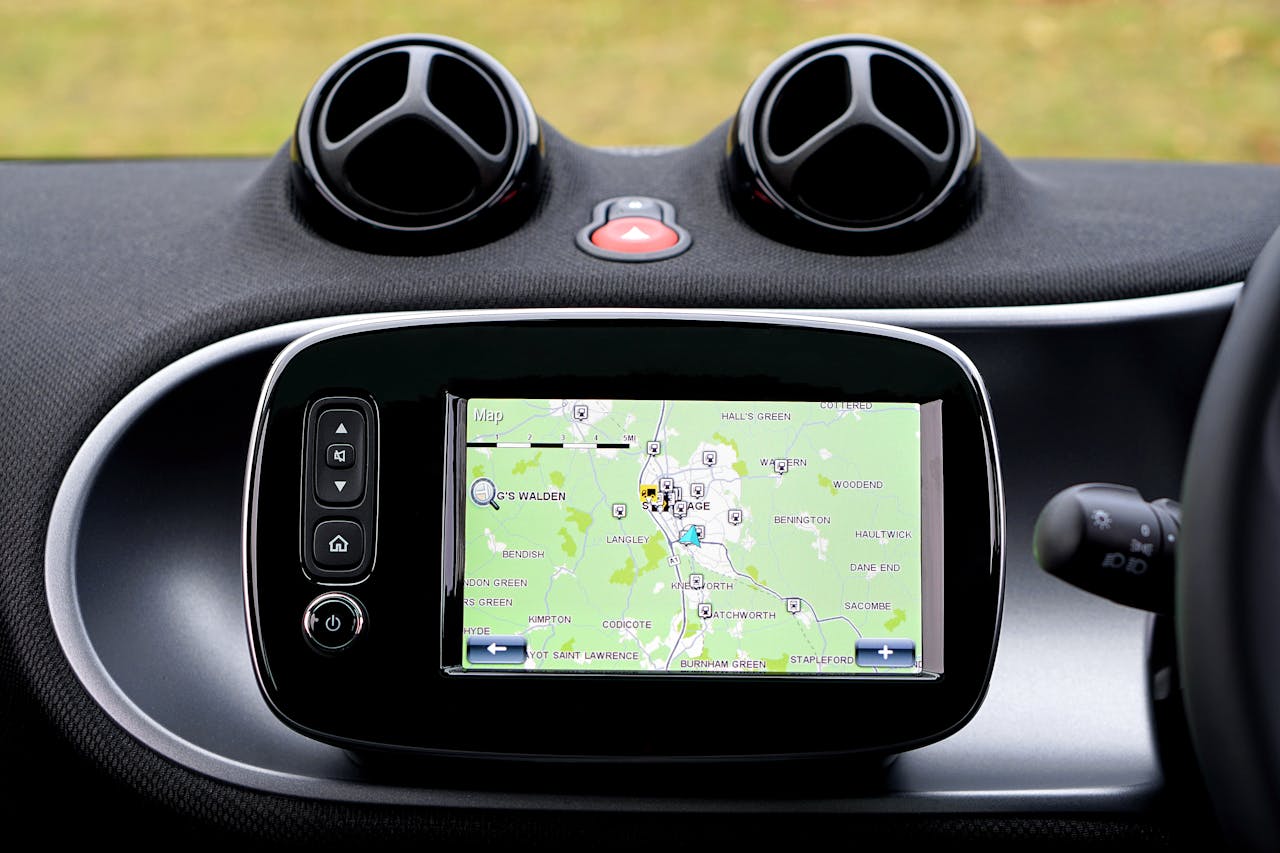Resolving Issues with Your Vehicle's GPS Tracking System

GPS tracking systems have become a staple in many vehicles, providing safety, convenience, and peace of mind. They can track your car's location, help recover it if stolen, and even monitor driving behaviour. For these reasons, many people rely on these devices every day. However, like any technology, GPS tracking systems are not immune to issues. Understanding common problems and knowing how to resolve them can make all the difference in using these systems effectively.
While GPS tracking is generally reliable, users may encounter connectivity issues, power problems, and software glitches from time to time. Tackling these challenges doesn't have to be overwhelming. With the right approach, you can troubleshoot and resolve these problems, ensuring your GPS tracker performs at its best.
Common Issues with Vehicle GPS Tracking Systems
Connectivity Problems
Signal loss or poor reception might be one of the first issues you notice with your vehicle's GPS tracker. This often happens in areas with dense materials around, such as tall buildings or forests, which can block satellite signals. Sometimes, the issue may also lie in the tracker’s antenna. To tackle such problems, you should:
- Check the antenna placement. Ensure it points upwards and isn't obstructed by metal surfaces or other electronic devices.
- Reposition the tracker if necessary to improve signal strength.
Power-Related Issues
A common hiccup with GPS devices is power failure, which can stem from battery issues or disruptions in the power source. These can leave your tracker inactive when you most need it. Address potential power problems by considering:
- Inspecting the wiring connections. A loose or damaged wire could interrupt the power supply.
- Verifying that the installation conforms to the necessary voltage requirements for your vehicle, which helps sustain consistent operation.
Software Glitches
Just like any other device, GPS trackers might experience software-related hiccups. These issues may manifest as frozen screens, delayed updates, or inaccurate readings. Here's how you can address software glitches:
- Ensure the device runs on the latest firmware. Many problems can be resolved with a simple update.
- If an update doesn't help, try resetting the device to its original settings. This can clear up temporary software bugs.
By understanding these common problems and applying straightforward fixes, you can maintain your vehicle’s GPS tracking system in peak condition. This often saves time and ensures your tracker reliably supports your journey.
Preventative Measures and Best Practices
Regular care and attention can significantly extend the lifespan of your vehicle's GPS tracking system. Establishing a routine for maintenance is a smart move. Start by setting reminders for regular software updates. Like refreshing a smartphone, these updates can patch minor bugs and improve functionality. Equally important is scheduling hardware checks. A visual inspection every few months can catch loose wires or worn-out components before they cause bigger issues.
The correct initial setup of the GPS tracker makes a world of difference. Ensuring proper installation involves a few key steps. Secure the wiring properly to avoid disconnections caused by vibrations from driving. Also, place the tracker in an optimal position for strong signal reception—a good spot might be somewhere with a clear view of the sky, away from too much metal or electronic interference.
Efficient use plays a crucial role in a GPS tracker’s reliability. Keep an eye on signal strength as you travel through different terrains. Dense areas might require repositioning or adjustments to the tracker. It's also wise to turn off the GPS when you know it won't be needed, helping conserve battery life and keeping the device in good condition.
When to Seek Professional Help
There are times when DIY troubleshooting might not solve persistent issues. Recognizing when serious problems arise is important. If the device frequently loses signal, fails to power on at all, or gives incorrect location updates consistently, it may be time to consult an expert.
Professional technicians offer several advantages. They possess the expertise to diagnose and fix issues quickly, reducing downtime. With their help, your GPS tracking system can return to its full operational capabilities, ensuring you’re not left stranded when you rely on it the most.
Maintaining Your GPS Tracker System for Longevity
Caring for a GPS tracking system in Australia means considering seasonal changes that might affect device performance. For example, during the hot summer months, excess heat could impact a tracker’s battery, so keeping the device out of direct sunlight can help maintain its health. In colder periods, ensure connections are secure, as fluctuations in temperature might cause expansion and contraction in wires and other components.
Summing up these tips ensures your GPS device functions smoothly throughout the year. Regular checks, combined with staying informed about technological advancements, keep you prepared for whatever comes next. Maintaining a systematic approach protects your investment and keeps your travels secure and worry-free.
Keep your travels seamless and stress-free with the right care and attention to your GPS tracking system. If you're looking to explore more about maintaining a reliable GPS tracker system, dive into the options offered by Elite GPS. With tailored solutions to suit your needs, you'll ensure your system is always ready to guide you.





Leave a comment